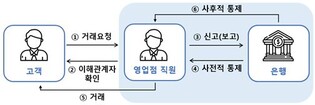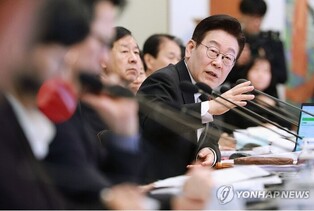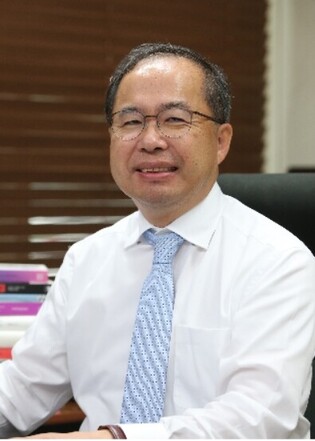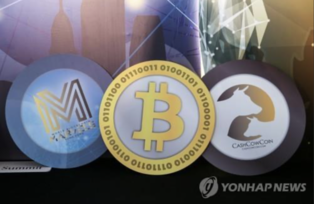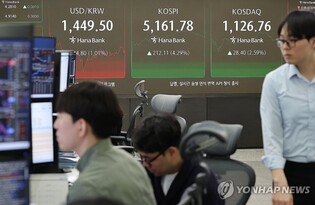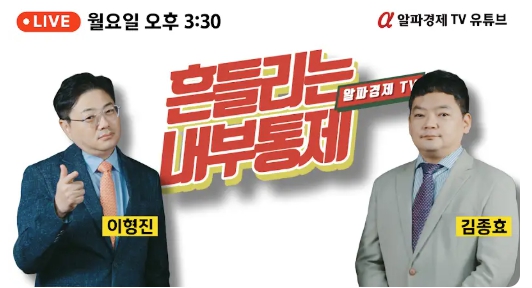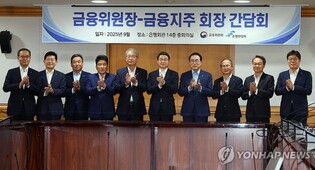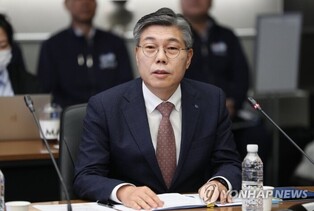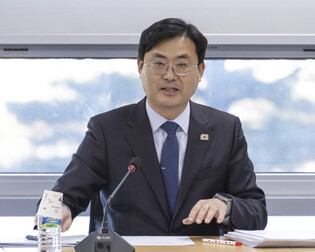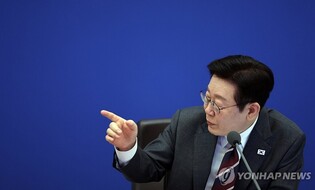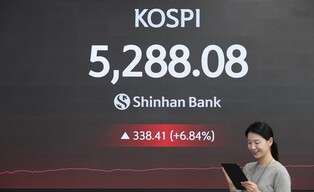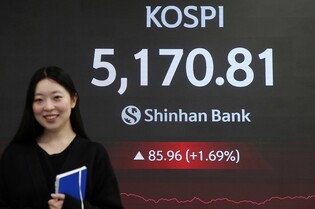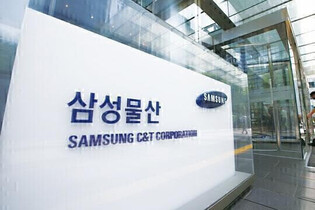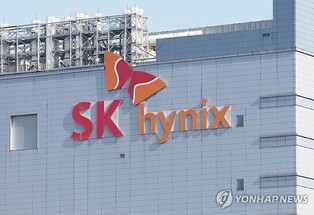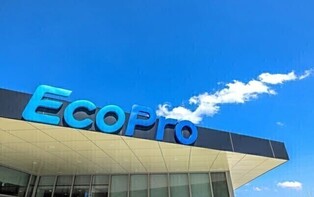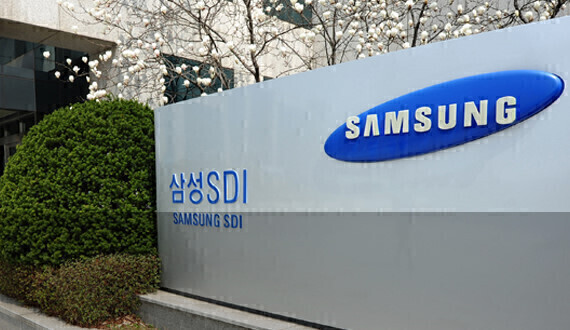 |
Photo courtesy of Samsung SDI |
[Alpha Biz= Kim Jisun] SUWON, South Korea — November 3, 2025 — The Suwon District Prosecutors’ Office’s Defense Industry and Industrial Technology Crimes Unit (headed by Chief Prosecutor Cho Jung-ho) has indicted a group of individuals for leaking Samsung SDI’s state-designated core electric vehicle (EV) battery technology to overseas companies.
According to prosecutors, Mr. B (37), the de facto operator of Company A, and Mr. D (34), an employee of Samsung SDI’s partner Company C, were among four individuals indicted and detained on charges of violating the Industrial Technology Protection Act (leakage of national core technology), the Unfair Competition Prevention Act (leakage of trade secrets abroad), and breach of duty.
An additional 11 individuals and two KOSDAQ-listed corporations, including Company A and its affiliates, were indicted without detention.
Between October 2022 and February 2024, the defendants allegedly leaked Samsung SDI’s core technologies and trade secrets, including blueprints for key EV battery components, from Samsung SDI and its subcontractor Company C to Company A and other entities.
Investigations also revealed that the group had disclosed these trade secrets to battery manufacturers in Vietnam and China.
The stolen materials involved Samsung SDI’s proprietary designs for the aluminum “Can” and “Cap Assembly” of prismatic (rectangular) battery cells—technologies the company had spent more than a decade and substantial investment developing.
The “Can” protects the battery from external impacts and prevents explosions, while the “Cap Assembly” is designed to cut off current and release gas when internal temperature or pressure rises, preventing fires and accidents.
The suspects allegedly exploited their positions as current or former employees of Company C to extract and transfer the proprietary information.
The investigation began after a tip-off from the National Intelligence Service’s Industrial Security Center. Through search and seizure operations, prosecutors secured mobile devices, electronic equipment, and digital evidence, swiftly analyzing technical files, chat logs, and recorded calls to uncover the scheme early.
During the probe, authorities found that Company A had signed an 80 billion KRW (approx. USD 58 million) supply contract with a Chinese battery maker using the stolen technology. Prosecutors promptly arrested the key suspects to prevent the delivery of the stolen battery parts to China.
Further investigations revealed that Mr. B had secretly become the largest shareholder of Company A, whose trading on KOSDAQ had been suspended, by purchasing shares through a shell company. He then resumed trading and promoted the company as entering the EV battery market using the stolen technology—eventually listing his own plastic injection company, Company D, on KOSDAQ. Mr. B was reportedly living in a luxury residence in Seoul while running both listed firms.
He is also accused of instructing his secretary to destroy evidence once the prosecution’s investigation began.
A prosecution official stated, “The leaked materials were used only for contract negotiation purposes and were not actually utilized by the foreign companies. By swiftly arresting the main suspects after identifying the contract, prosecutors successfully prevented the core battery technologies from being exploited overseas.”
Alphabiz Reporter Kim Jisun(stockmk2020@alphabiz.co.kr)


















